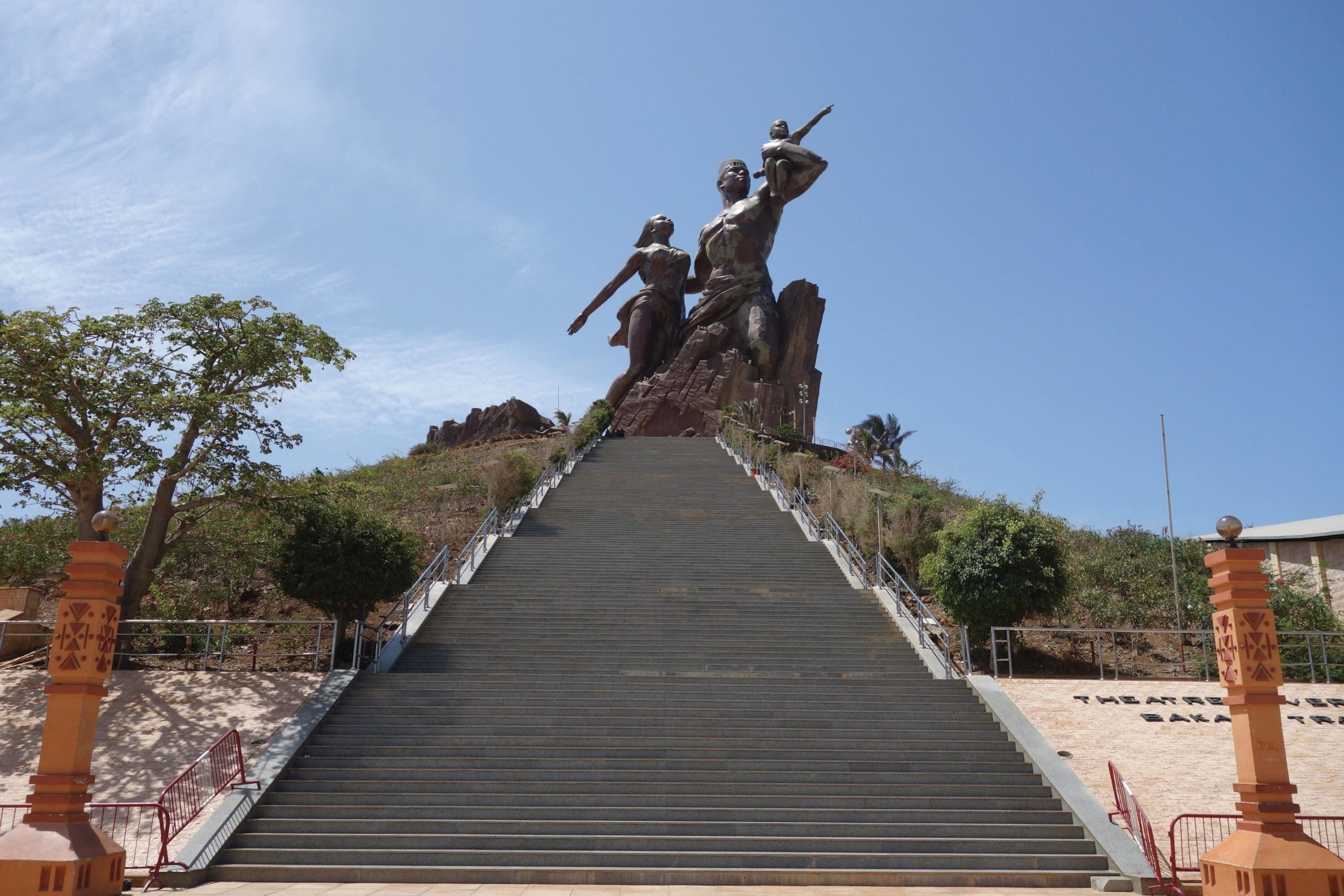“Let us rather see Africa not as a land of humanitarian emergencies and a recipient of public aid for development but as a continent on the build, a pole on the cusp of progress. Such is the Africa of roads and highways, of bridges and railways, an Africa of dams and power plants, of industrial parks and agricultural farms. We will realize this ambition not through aid but by massive and urgent investments in those sectors that bring growth and development”
Senegal has been described as one of the most welcoming, peaceful, tolerant and friendly countries on the continent, with the World Economic Forum ranking it sixth most welcoming country in the world. Driven by its philosophy of teranga, the Wolof word for hospitality, Senegal has focused on boosting trade and investment opportunities on the West African regional market while prioritising a consistent improvement of its business climate.

Plan Sénégal Émergent (PSE)
The nation’s high level of Foreign Direct Investments (FDI) is irrevocably linked to President Macky Sall’s Emerging Senegal Plan (Plan Sénégal Émergent, PSE) launched in 2014. The Plan aims to drive the national economy with a new impetus and direction, growing the GDP 8%, creating 600,000 formal jobs and becoming a middle-income nation by 2035. In order to do this, the PSE has focused on boosting four key sectors of its economy: agriculture, ICT, transport and energy. Indeed, regarding the latter, Senelec’s MD, Pape Mademba Biteye, states: “Senegal’s energy sector is currently a booming sector and is an essential engine for improving the country’s economic performance, as seen in the PSE.”
In April 2021, President Macky Sall launched a US$ 827 million youth employment scheme as part of the government’s emergency programme for the socioeconomic integration of the nation’s youths. Spread over a time period of three years, it includes initiatives such as: the recruitment of 5,000 youths in the education sector, recruitments in the road maintenance and paving sectors, 15,000 jobs for subsidised jobs through the state-employer agreement with the private sector, the injection of CFAF 15 billion into the agribusiness, the creation of 25,950 jobs as part of the National Agency for Integration and Agricultural Development (ANIDA)’s numerous projects, training of 30,000 young people and a further 40,000 youths targeted for vocational training, amongst others.
A Technological Hub
With Dakar placed amongst the top 10 digital cities in Africa with incubators for start-ups, Senegal is well placed to become a technological hub for the whole of West Africa as its business landscape flourishes under its digitalised telecommunications network. “If this is the century of Big Data, Africa is the place to be because we have a population that is mostly made of young people,” affirms Samba Bathily, Chairman of ADS Group. “It is up to us, the business people and government, to come together to prepare the ground for these innovators to innovate.” The government has also launched a plan to create 35,000 new jobs in the field of technology by 2025, with the nation’s youths and women playing a key role in driving the technological revolution.
Loading...
In June 2021, President Macky Sall also announced governmental intention to move all government data and digital platforms from foreign servers to a new national data centre in a bid to strengthen digital sovereignty. The state-of-the-art data centre will be built in Senegal’s Digital Technology Park in the city of Diamniadio and will tap into global networks through an undersea cable and Senegal’s existent 6,000 kilometre fibre optic network.
A Regional Business Hub
Over recent years, Senegal has significantly invested in the upgrade of all of its transport infrastructure in order to further promote its potential as regional business hub for logistics, services and industries, providing Africa with the link to the rest of the world. With the Autonomous Port of Dakar at the crossroads of three key trade routes, Senegal serves major shipping lines as well as a transhipment centre for landlocked counties in West Africa. Major modernisation and extension plans are currently underway while a US$ 1 billion investment is developing a colossal new deep-water port at Ndayane. Alongside large-scale road construction and rehabilitation projects, Senegal is also looking into improving connectivity through rail with work on the Regional Express Train (TER) currently underhand. “This is the flagship project for the PSE and will connect the city centre of Dakar to the Blaise Diagne International Airport in 45 minutes,” explains Mountaga Sy, CEO of APIX. “This train will be operational at the end of 2021.”
Economic Diversity, Sustainability And Inclusion
Senegal’s large range of economic drivers, including mining, renewable energy and agriculture, are of great attraction to investors and the PSE Priority Action Plan has identified a funding gap of US$ five billion spread across several diverse projects. “The private sector is pivotal for the industrial development of the country,” says Youssef Omaïs, CEO of Patisen. “We have gold, gas and oil, which will increase the purchasing power of our young population and contribute to our targeted growth.”
Senegal is a land of opportunity and abundance offering ideal living and working conditions, access to advanced technology, ease of doing business, modern infrastructure interlocked in an ambitious vision that has proved successful in unlatching economic transformation and growth while enhancing prosperity to both Senegal and West Africa. “I am convinced that the PSE will secure Senegal as one of the pillars of Africa,” declares Omar Cissé, CEO of InTouch. “It will be key to our operations, development and future.” There is no doubt that Senegal is a nation burgeoning with opportunity for all, while driving economic growth and development in the region.”
Loading...
